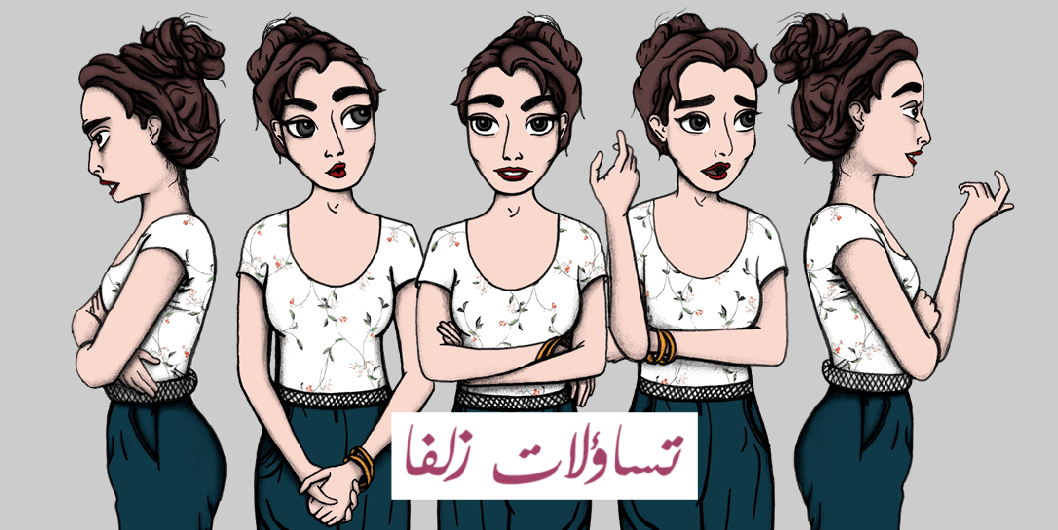- For Sunnis: 18 years for males, 17 years for females. The judge may authorize the marriage of a minor male aged 12 and a minor female aged 9 if she has reached puberty and further to the authorization of her guardian.
- For Shiites: it is standard practice to prove attainment of the legal age of puberty. A male is expected to reach puberty at the age of 15, a female at the age of 9.
- For Druze: 18 years for males, 17 years for females. The Druze sheikh or judge may however authorize the marriage of a minor male having reached the age of 16 and a minor female aged 15 further to the authorization of their guardians.

